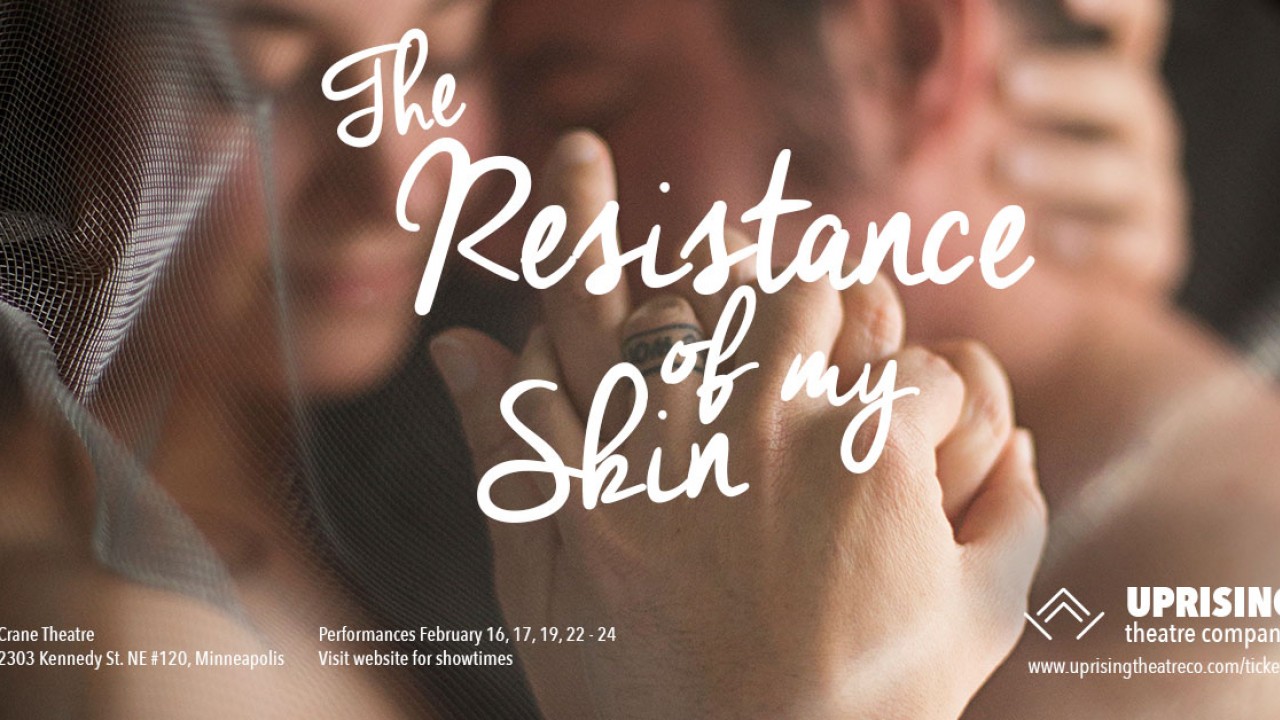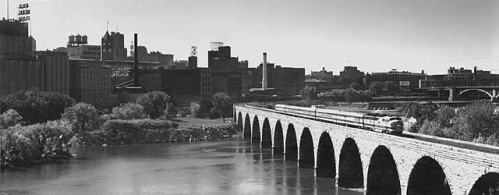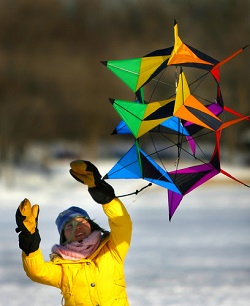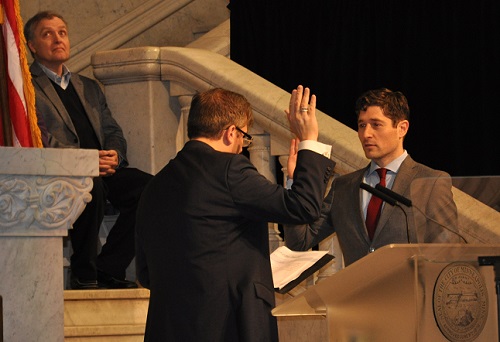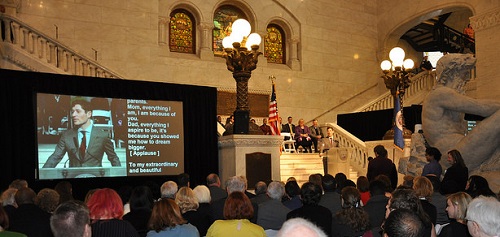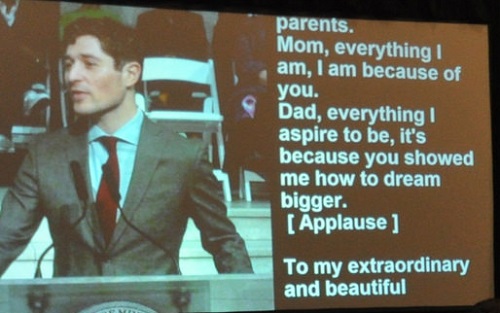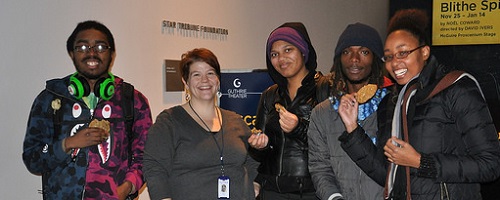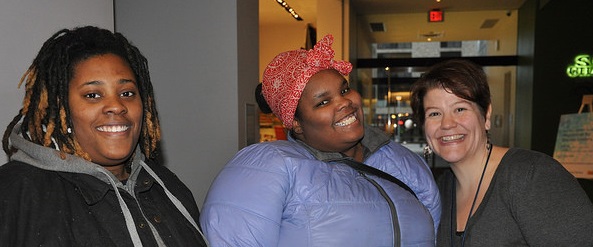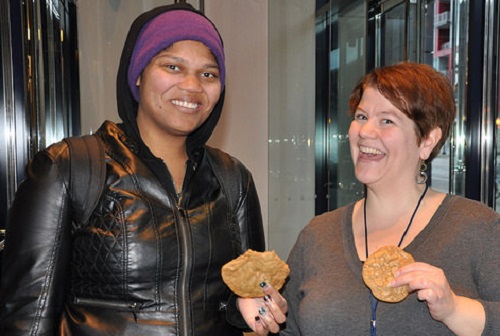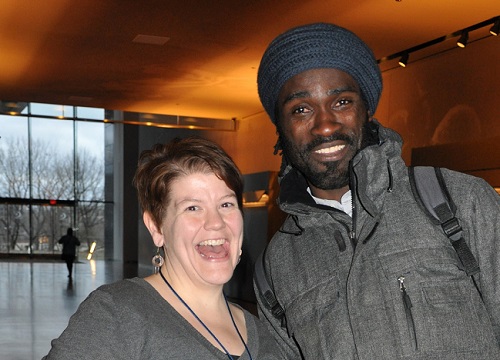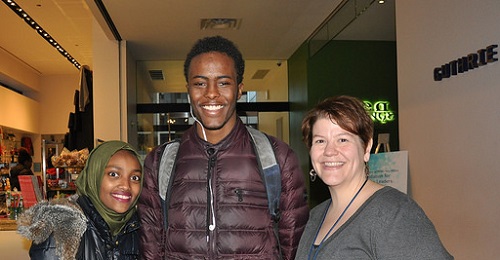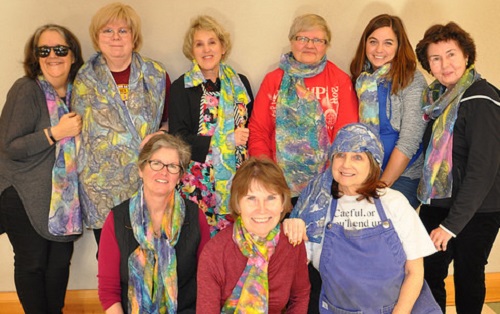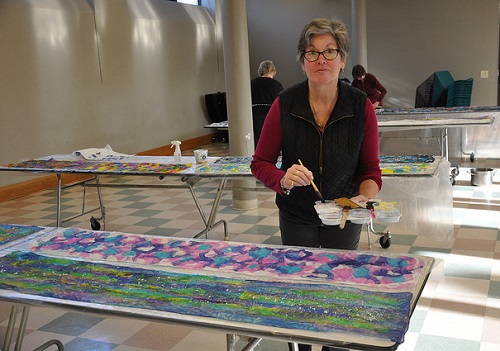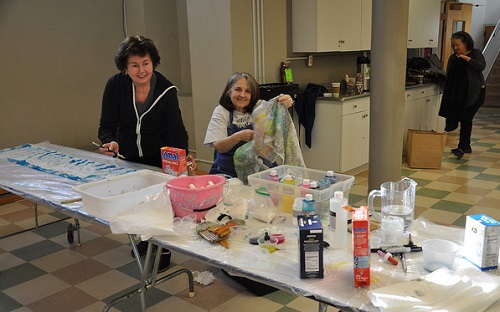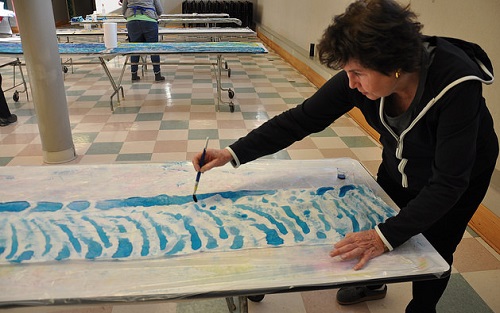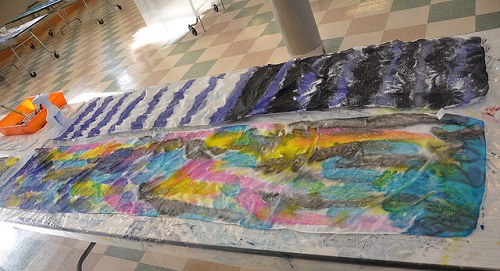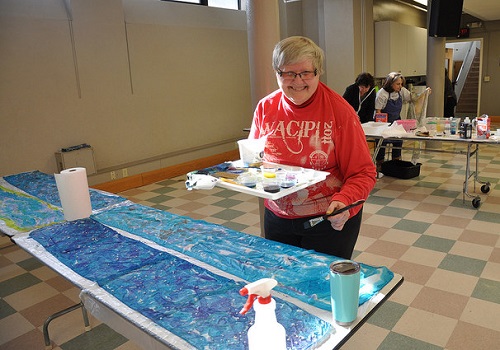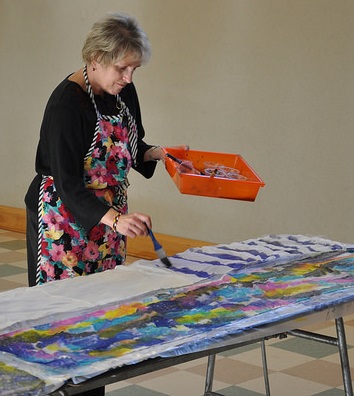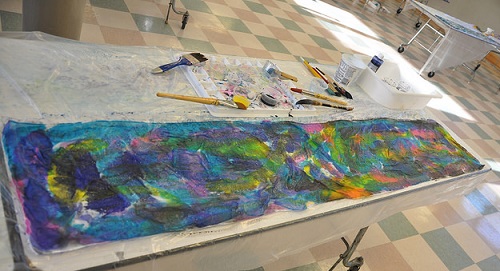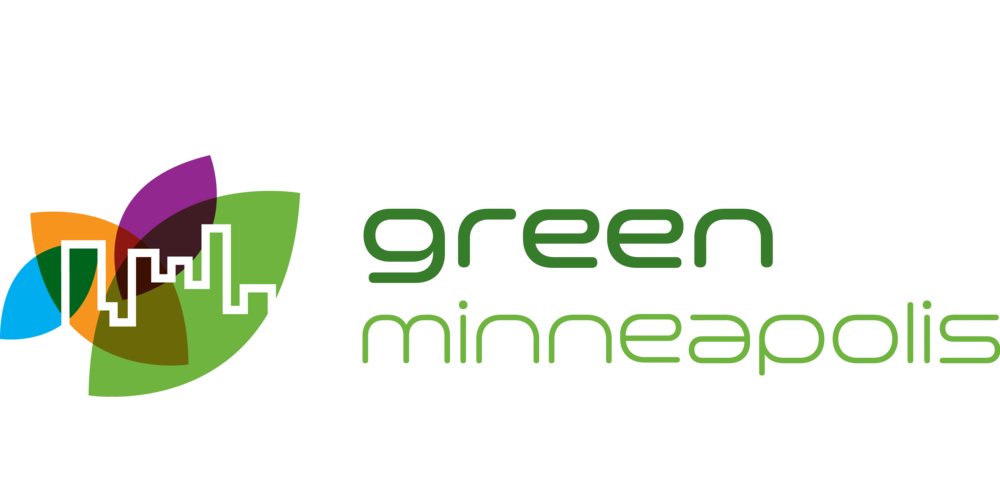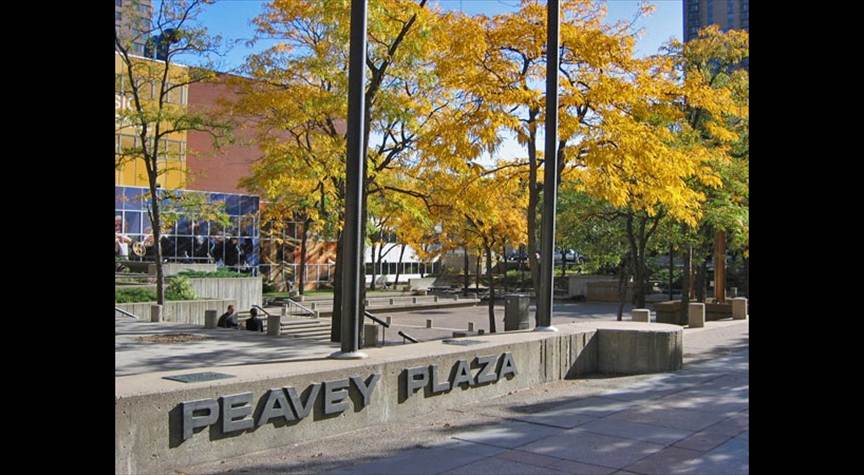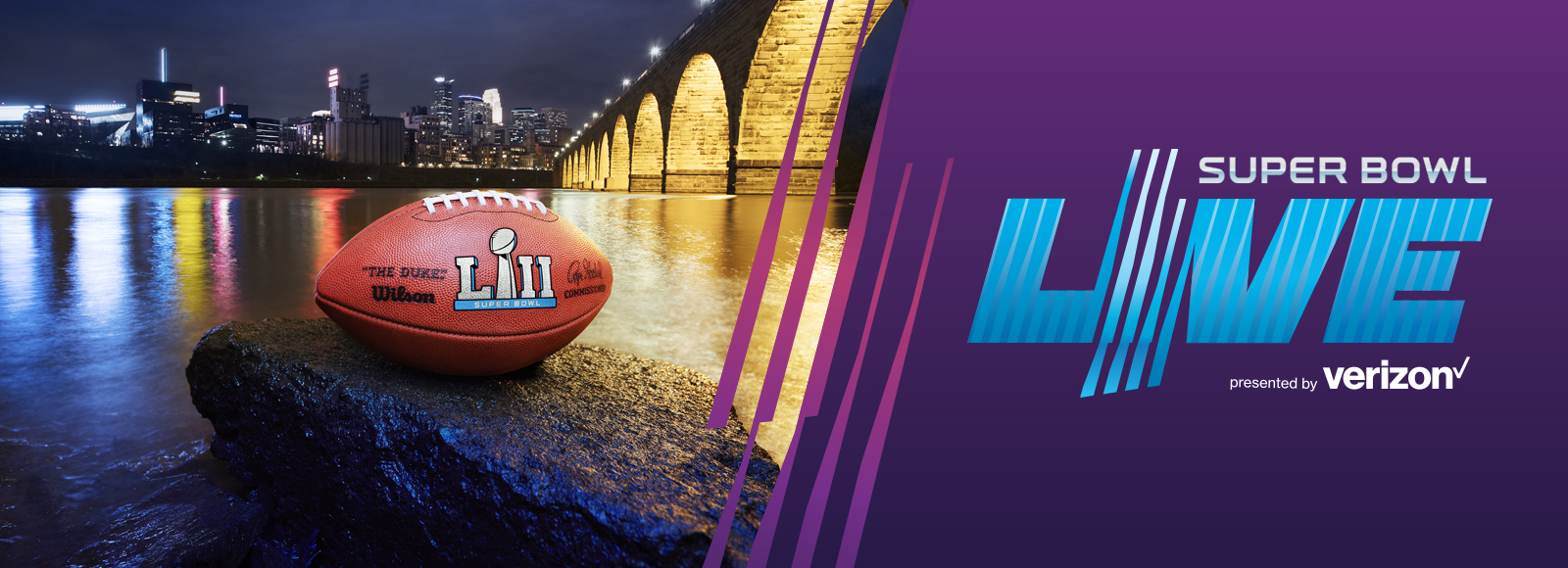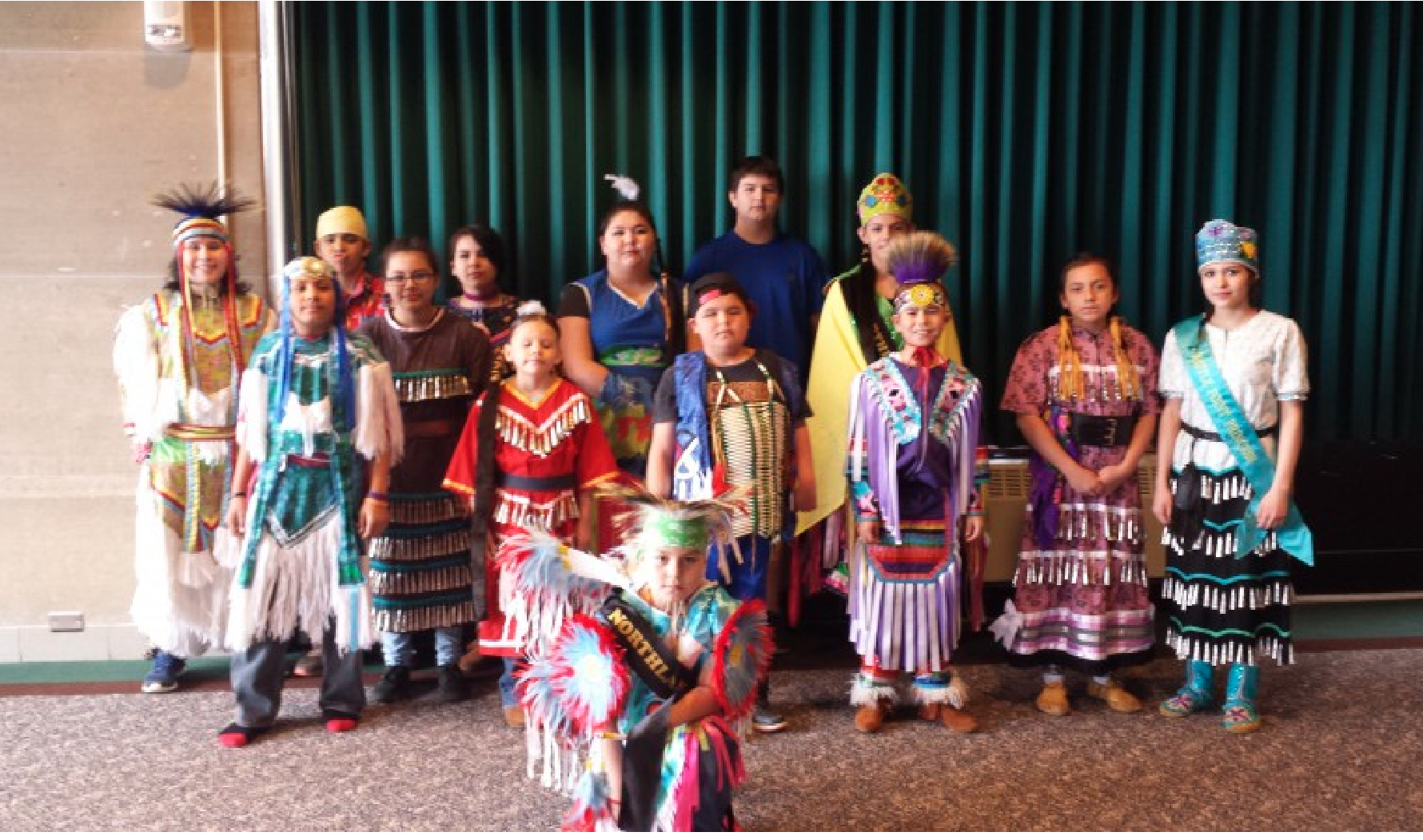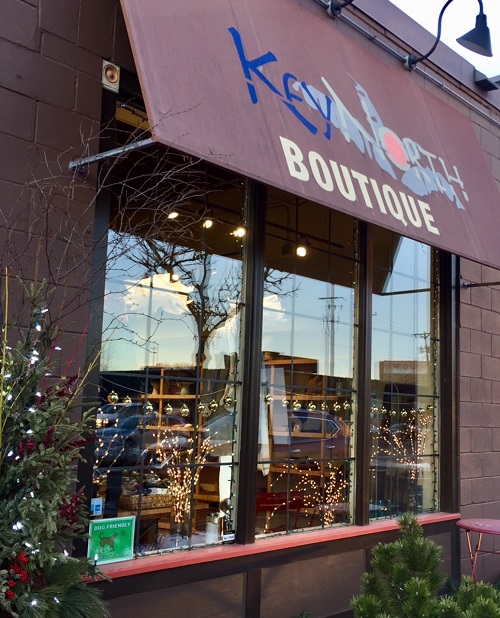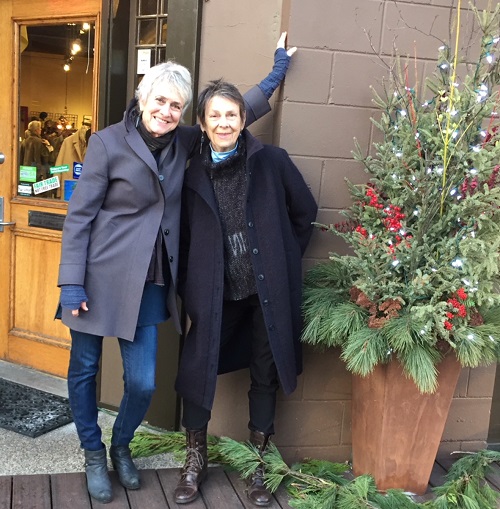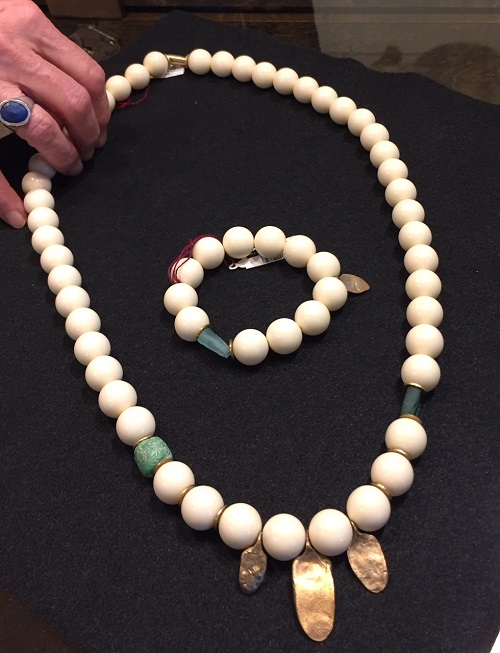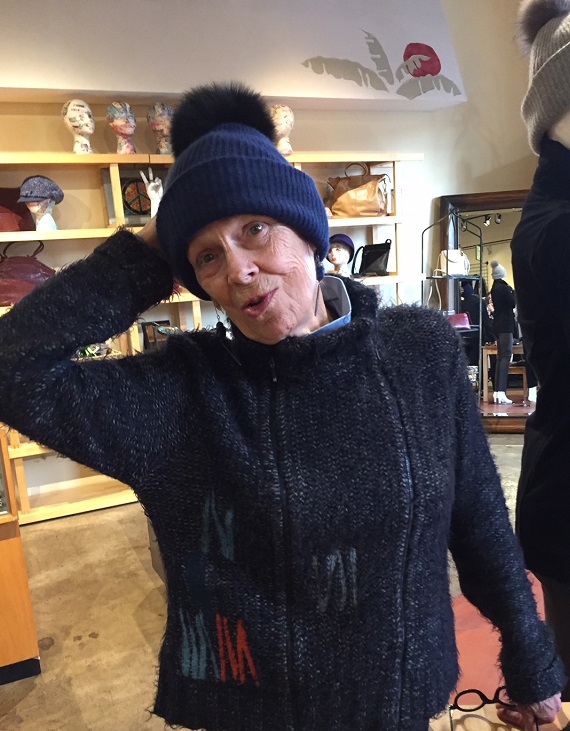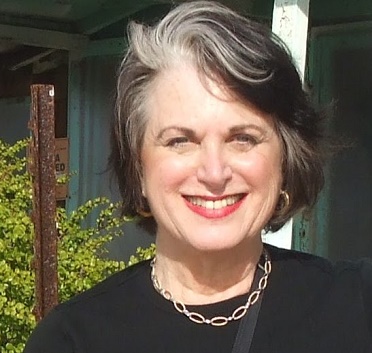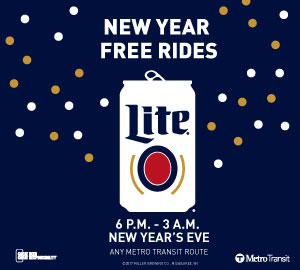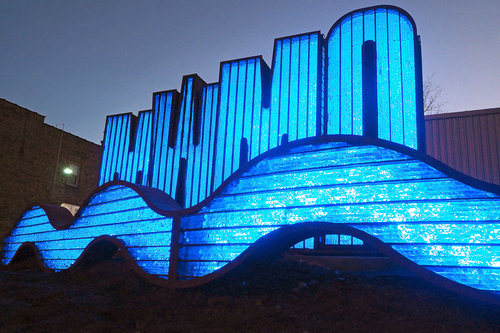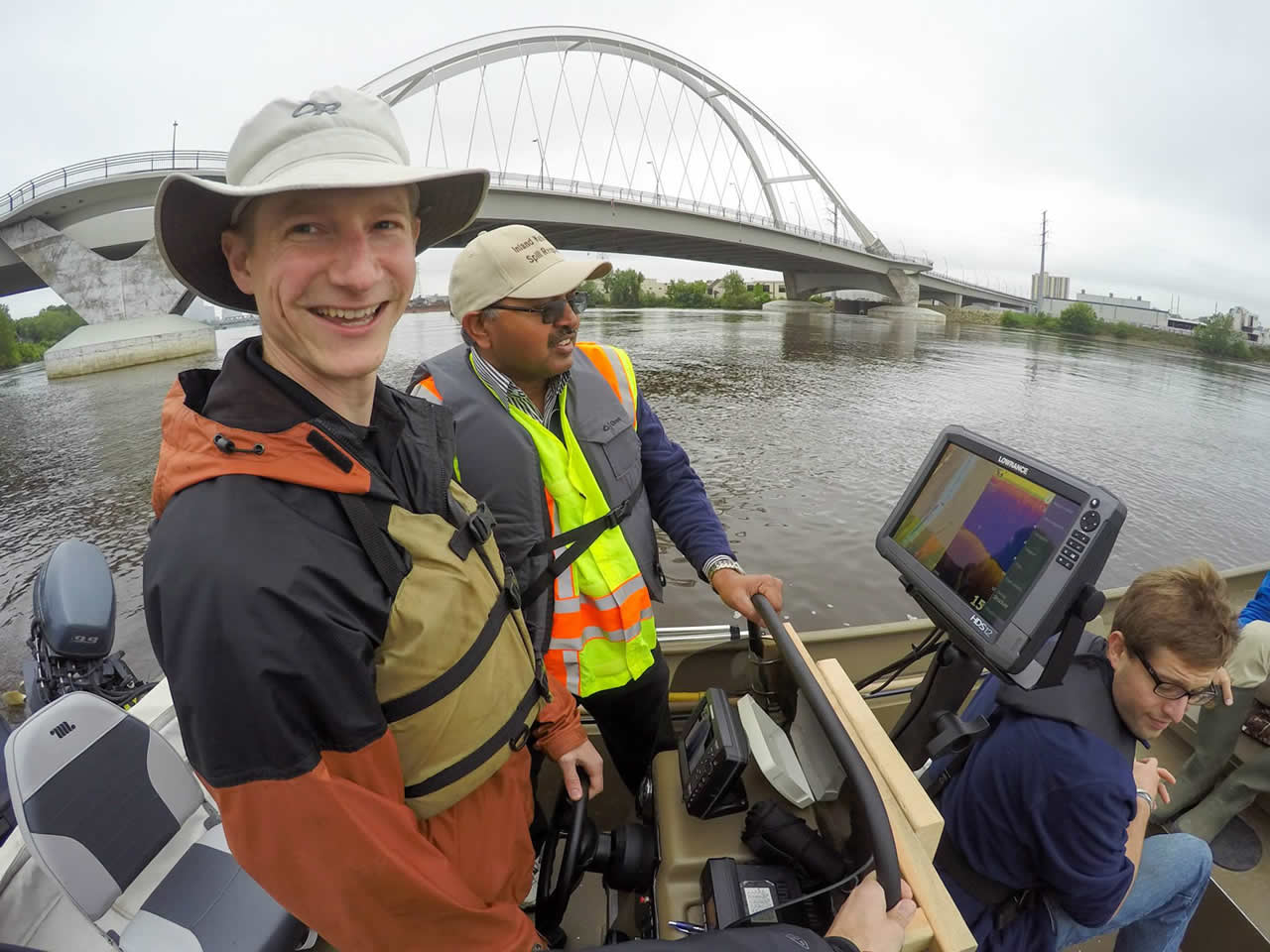Article by Claudia Kittock, photos by Rick Kittock
I met Brice Okocha on a cold morning in November, 3 years ago. It was 5:45 a.m. and my running partner and I had decided to join Mile In My Shoes, whose mission is to ‘run together to change perceptions and change lives’. That’s all we knew about the group, but we knew we loved running, and felt as if we had much to learn about people experiencing homelessness . . . so we showed up.
If you have never been to a homeless shelter at 5:45 a.m., it is an interesting experience. Most shelters close by 8 a.m. and do not reopen until 4 in the afternoon, so mornings are about gathering all your belongings and preparing to spend the day somewhere else. It is often a chaotic time.
 Brice Okocha
Brice Okocha
As we entered the building, a large man made his way to us, stuck out his hand and said, “Hi, I’m Brice. Welcome!” He immediately went into a short tutorial about what to expect. Before we left he said, “I’ll run with you today. Don’t forget, whatever happens, I have your back.” The run was wonderful and I left thoroughly interested in Brice. What I wouldn’t know for several months of running with him was that he lived at Higher Ground.
Brice lives in one of the small units on the 2nd floor. The cost is $7/day and is referred to as Pay-for-Stay. We immediately bonded over our love of running and his pursuit of a college degree. At the time, Brice was a full-time student at MCTC and we talked about papers, tests, courses, and his goals for a degree and his future. I quickly fell in love with my early morning runs there, and Brice fascinated me and became a good friend.
When Mile In My Shoes decided to add a running and walking cohort at Emanuel Housing, I volunteered to head that project and no longer ran with the group from Higher Ground. Brice and I kept track of each other through Facebook, emails, and even a funeral. A few weeks ago, Brice posted his grades on Facebook and said he had one semester left before graduation. I promptly asked if he would allow me to tell his story, and he agreed.
Brice grew up in Minneapolis and attended Patrick Henry High School, graduating from Cooper High School in Robbinsdale. He enlisted in the Navy after graduation and served 6 years, stationed in Pearl Harbor. When Brice returned from his service, he worked security at the IDS and at City Center before being laid off in 2013. After a short break, Brice enrolled at MCTC and within a year found himself homeless.
How could someone like Brice Okocha find himself homeless? If it happened to Brice, it can truly happen to anyone. Because of some family difficulties, he found himself without a place to live. Brice found Higher Ground and rented a small room there so that he could keep going to college. $7/night is affordable for a college student. Imagine trying to find a rental somewhere else in the city for that amount of money.
Brice graduated from MCTC in 2016, promptly enrolled in Metropolitan State and is scheduled to graduate in the spring of 2018 with a degree in law enforcement. He is currently a Reserve Police Officer in Maplewood where he works a minimum of 8 hours/month, all of which counts toward his degree. After graduating he will take a post-test which will allow him to activate his license to become a police officer in Minnesota.
Mile In My Shoes played a part in changing Brice’s life. He credits the group with helping him stay motivated both in running and having a different outlook. He learned to be a leader and to engage with his community. Running is an activity where your background doesn’t matter. There is a commonality to running that makes interacting with other runners very easy. Runners all struggle, runners all complain, runners persevere, and the humor of runners while you are running is hard to beat. Running with Brice is wonderful, and while I HATE hills, Brice made me laugh every time we ran uphill. I am always the last one up the hill and Brice’s voice can be heard above everyone’s. “C’mon Claudia, you are almost there. You MADE it!!!”
 Brice and Claudia - friends for life
Brice and Claudia - friends for life
How did he do it? How did he stick it out and earn his degree when life seemed to be conspiring to make sure he failed? Brice told me that he works to stay resilient and to stay positive. Anger can get in the way of reaching a goal, but as Maya Angelou so famously said, “If you don’t like something, change it. If you can’t change it, change your attitude.” Brice embodies that in everything he does.
I asked Brice to tell me what he would tell a young person experiencing homelessness. He stressed the idea that things will get better and that this situation will pass. There is a light at the end of the tunnel, just keep moving through the tunnel.
Brice changed my life. He taught me through his example that people experiencing homelessness can be anyone. There is no ‘they’ in homelessness. People experiencing homelessness are as varied as any population, and the problems causing this are complex. There is no one cause-one cure paradigm. It is complicated, but there is hope. Brice taught me all of that.
I am honored to know Brice Okocha and to call him my friend. He will be an amazing police officer. Brice is excited to use his social skills, to build relationships, and to practice conflict resolution and de-escalation. Can you imagine what a wonderful officer he will be? I can!
- - - - - - - - - - - - - - - - - - - - - - - - - - - - -
 About Claudia Kittock
About Claudia Kittock
Claudia is a resident of the Mill District. In addition to writing for Mill City Times, she is a founding Board Member of
Friends of the Mill District. Claudia is the author of
Health Through Chaos, mentors young adults at
YouthLink, and has served on the Downtown Minneapolis Neighborhood Association (
DMNA).
.
Contact: claudia@millcitymedia.org
 Tuesday, January 16, 2018 at 6:07AM |
Tuesday, January 16, 2018 at 6:07AM |  Kim Eslinger |
Kim Eslinger | 